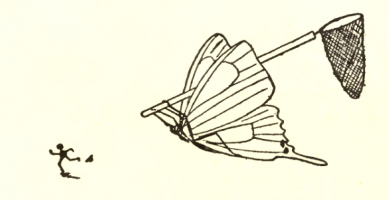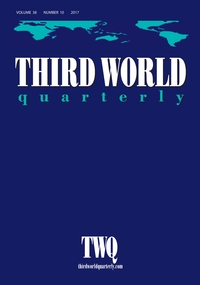
A highly cited economics paper that suggested people raised during recessions were more likely to vote for left-leaning political parties has been retracted, apparently due to a coding error that rendered the results invalid.
The retraction marks a rarity among economics papers, which research has shown are infrequently retracted compared to papers on other subjects. The article appears to be the first in The Review of Economic Studies to have been retracted for a reason other than publisher error.
The study’s authors, Paola Giuliano and Antonio Spilimbergo, are economists at the Anderson School of Management at the University of California, Los Angeles and the International Monetary Fund, respectively. Giuliano is also the Chauncey J. Medberry Chair in Management at UCLA.
The paper, “Growing up in a Recession,” was published in November 2013. It has been cited 222 times, according to Clarivate’s Web of Science. Working papers from the World Bank and the Organisation for Economic Co-operation and Development have also cited the article.
Continue reading Influential paper linking recessions and left-wing voting patterns retracted A group of editors of journals focused on the history of economics has gone public to urge Clarivate Analytics, which publishes a highly influential ranking of journals, to reconsider its decision to drop the titles from this year’s index.
A group of editors of journals focused on the history of economics has gone public to urge Clarivate Analytics, which publishes a highly influential ranking of journals, to reconsider its decision to drop the titles from this year’s index.



 A journal has withdrawn an essay
A journal has withdrawn an essay  When economist Jason Hockenberry looked at data comparing some of the financial issues facing different U.S. hospitals, he was surprised by what he saw.
When economist Jason Hockenberry looked at data comparing some of the financial issues facing different U.S. hospitals, he was surprised by what he saw.